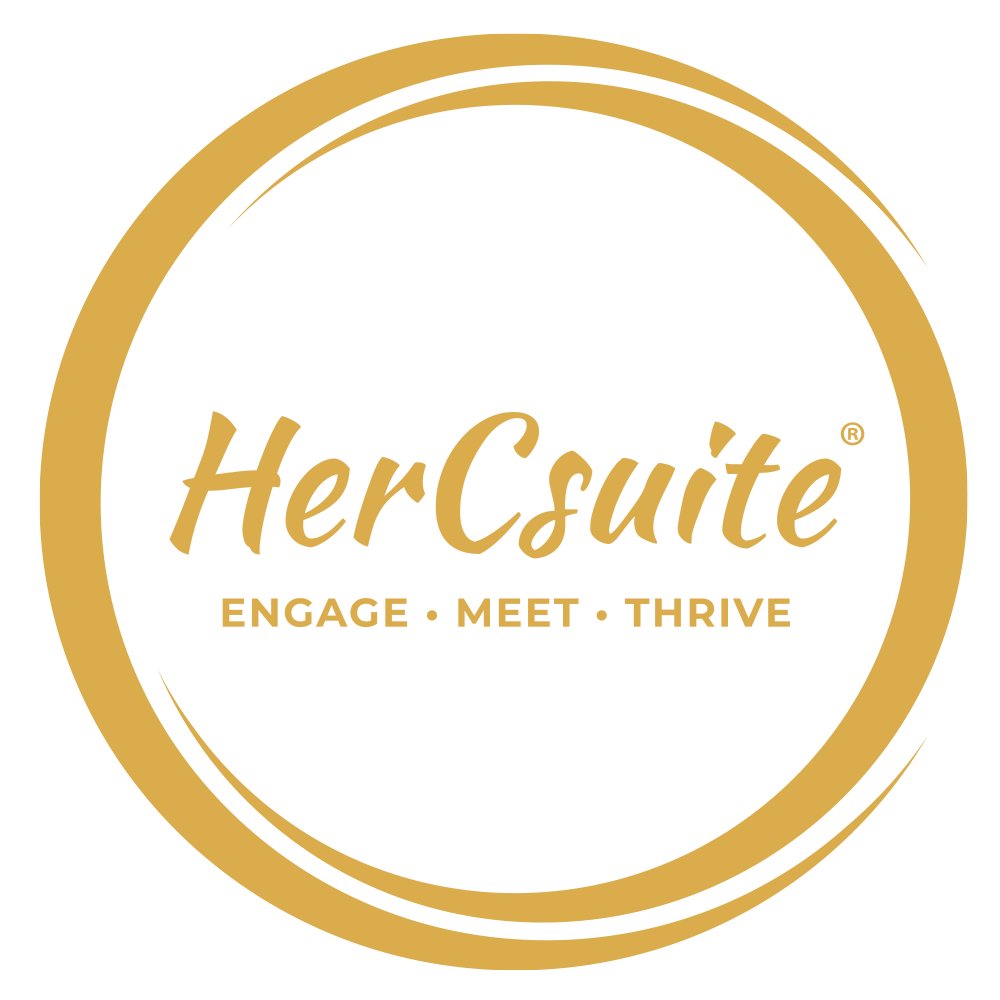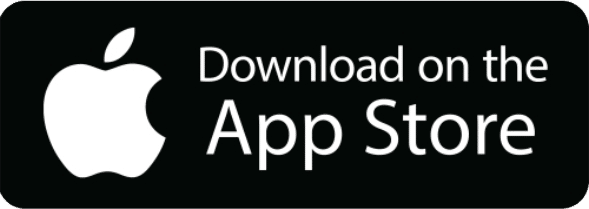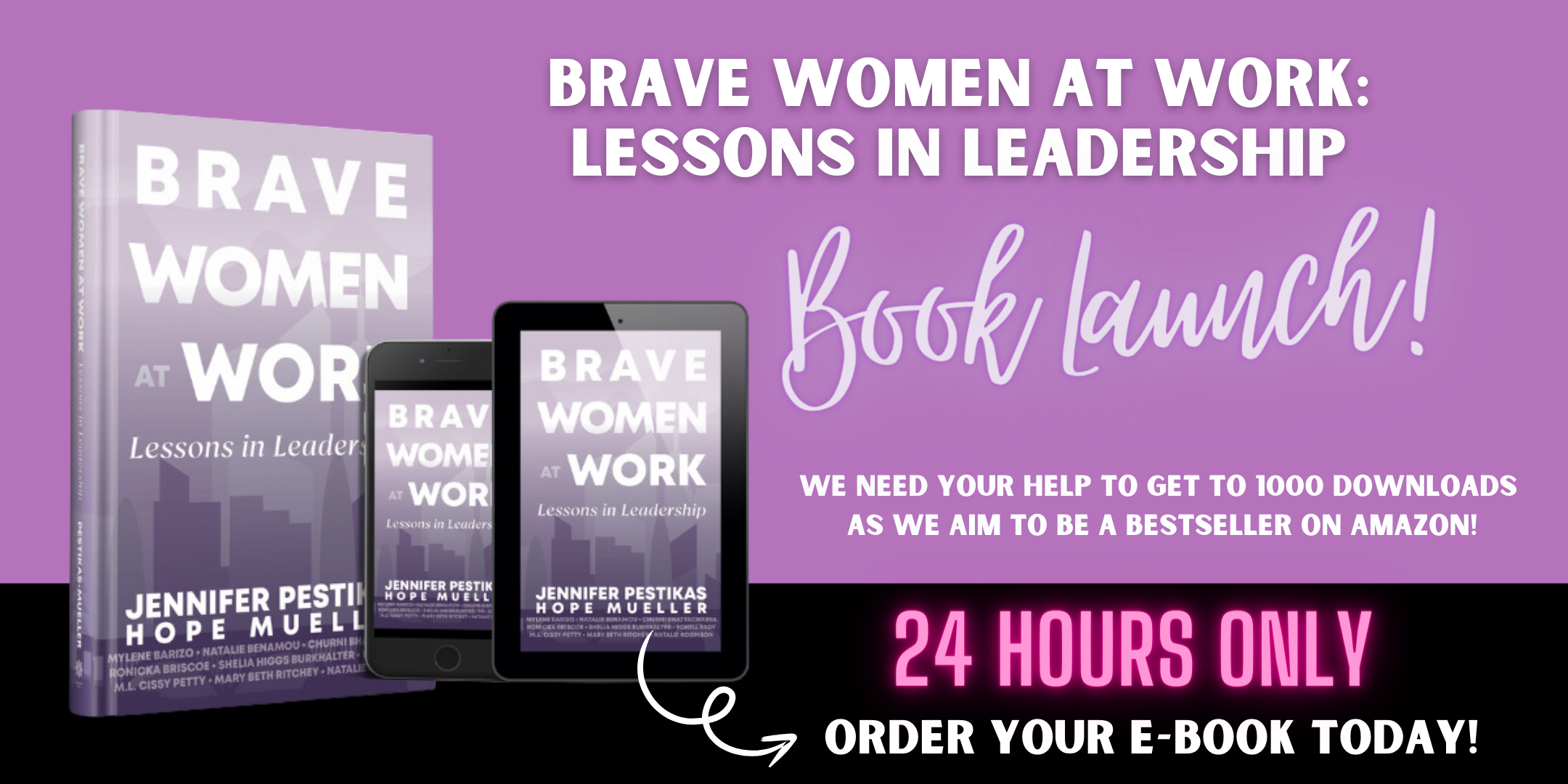7 Leadership Values To Advance Your Career With Ilhiana Rojas Saldana
Have you ever paused to think about your leadership values? It is essential when building high performing teams to understand not only our own values but what matters most to the people we lead. There are over 250 words that describe values, and you can join the conversation with Ilhiana Rojas Saldana, executive leadership coach and featured HerCsuite™ speaker, who joins host Natalie Benamou to explore leadership values.
Ilhiana explains how in different situations, we adapt to be able to communicate effectively with professional and personal relationships. Consider what matters most to the other person and it will help you be able to anticipate any scenario. Hear how Ilhiana went from thriving to feeling defeated and then rising again when a door opened by understanding what was most important to her.
7 Leadership Values
1. Unique: Freedom of personal expression, autonomy and independence
2. Artistic Expression: Harmony, beauty, and creativity
3. Practical Returns: Efficiencies, maximizing resources, achieving results
4. Power: Influence, being recognized as leader, taking ownership of projects
5. People Orientation: Helping others, serving others, improving others’ lives
6. Systemic: Order, structure, creating processes, promoting rules and policies
7. Rational: Knowledge, learning, problem-solving, seeking truth
Ask Yourself: How are your values aligned with your work & personal life?
Ilhiana Rojas Saldana shares examples for both work-life and personal experiences and how you can apply this question: How do your values influence your leadership style?
Ilhiana is a featured speaker for HerCsuite™ Mentoring Program for clients like Horizon, and HerCsuite™ DEI Cross Organizational Council. Thank you for sharing these important insights and how we can apply them in our daily lives.
We would be so honored if you like this episode if you would share it with a friend or colleague today!
This podcast is sponsored by HerCsuite™ leadership development programs. Find out how you can gain a competitive advantage by scheduling a call.
HerCsuite™ Founder and Podcast Host Natalie Benamou when she isn't speaking and hosting the podcast can be found on HerCsuite™ LinkedIn and HerPower2 LinkedIn
Keep shining your light bright. The world Needs you!
Resources:
HerCsuite™ DEI Cross Organizational Council
Your Path to Extraordinary: Meaningful Transformation Starts Here
HerCsuite™ Founder and Podcast Host Natalie Benamou can be found on LinkedIn | HerCsuite™ LinkedIn | HerPower2 LinkedIn
Thank you to Ilhiana for being on the show, and to you for listening to the show and shining your light in the world! We would be honored if you subscribed and shared this episode with a friend or colleague today.
—
Show Transcript:
Ilhiana, I'm so excited to welcome you. Thanks for being on the show.
Thank you so much for inviting me. I'm really excited to be here.
I had such a great time getting to know you in a very short accelerated time. I'm thrilled that we connected and that we've had the chance to have you as a featured speaker. For our audience who don't know you yet, can you share a little bit of the arc of your career and what brings us to this moment?
I'm originally from Mexico. I moved here with my family to the US in 2011. I did 25 years of corporate in different Fortune 500 companies and in marketing and sales in different executive-level positions, both in Mexico and here in the US. A few years ago, I went through a very difficult time that I'm going to share later, but that made me realize that my corporate career was coming to an end. That's when I decided to start my own company because looking back at my life, I realized that helping my teams become high-performing teams and my leaders become high-performing leaders was where my heart flies.
Although I was very good at business, marketing, sales, and all of that, my heart was more in building my teams so I decided that's what I wanted to do full time. With my company and role as an Executive and a Leadership Coach, I support leaders of different levels and positions to be the best that they can be. I also helped organizations and teams within organizations to become high-performing leaders. I love what I do every day, not only in a piece of the day or a part of the day, which is exciting. I do a lot of other things but it always has to be centered and supporting people in their professional journey to be the best that they can be.
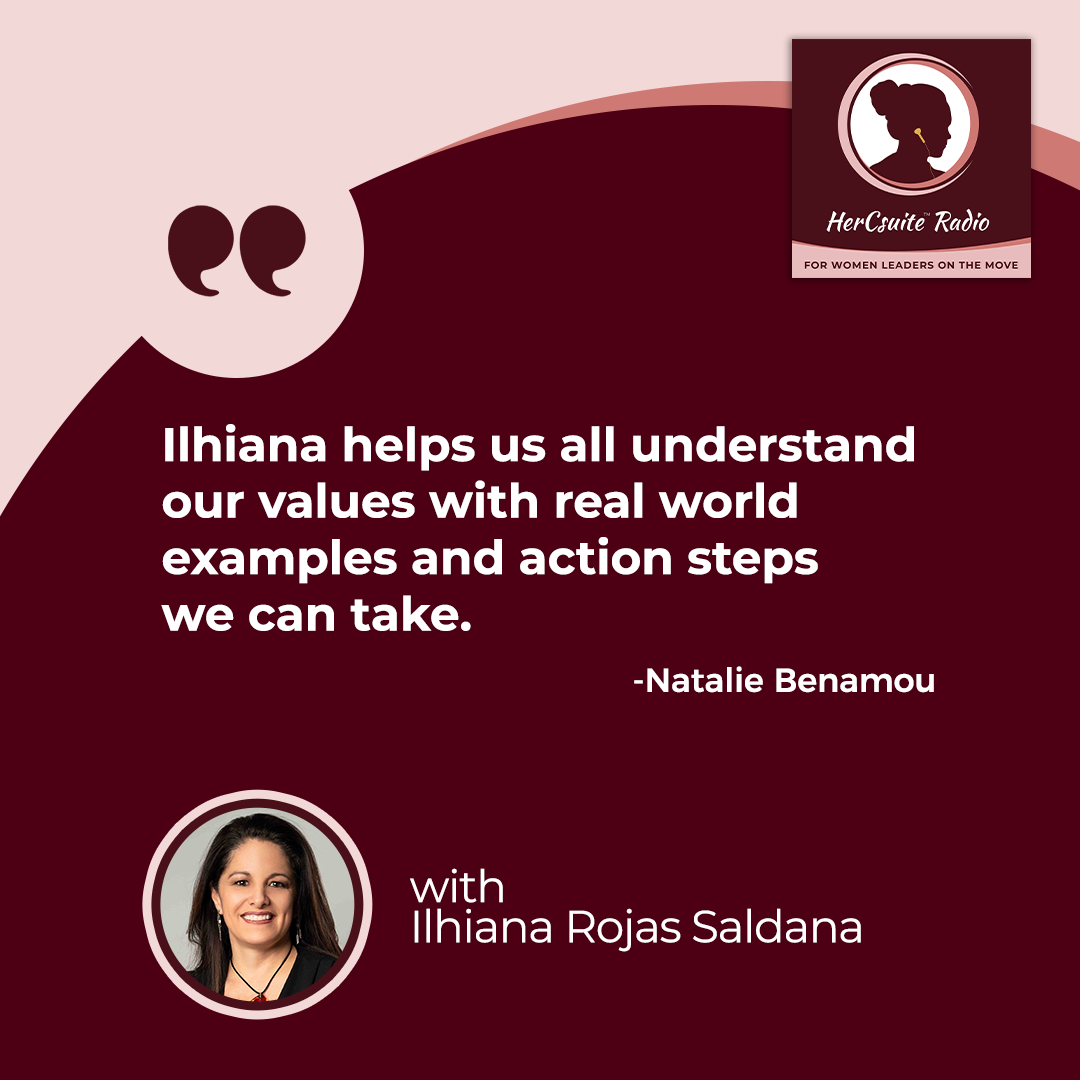
That's how we connect because you are a speaker for us. You came in and were a featured speaker for our mentoring program for one of our clients, Horizon. It was so great to have you here and to speak for high-performing teams about leadership values. Everything starts with understanding our leadership values but not everybody pauses to think about them. You have such a great experience level and share so many interesting things. I'd love to hear more about the personal story you said you might share with our audience.
Understanding our leadership values is critically important to be a successful leader, but it's not something that we take the time to understand what they are. Although we use them every day, we lean on them every moment and every decision that we make. It's more unconscious than conscious. For fifteen years of my career or maybe a little bit more, I did them or I leaned on them. I just didn't know it. I realized the importance of them when they were compromised. What happened was I loved my job, my boss, and everything that I was doing for three years in a new world that I was in until suddenly, I wasn't.
Understanding our leadership values is critically important to be a successful leader but it's not something that we take the time to understand. Share on XEven though everything seemed the same, something clearly changed because I went from loving the job to dragging my feet to work every day. That happened for over eighteen months, if not maybe a couple of years, which was an awful time. Now as a coach, I understand that what happened was that my two most important values, which have to do with independence, autonomy, learning, and uncovering new things all the time for myself were, at that moment, compromised. One is because my boss at that time in the first three years of that role overlooked not only my business but my two other businesses.
She left me on my own to be independent and autonomous, and make my own decisions on the business that I was in. Everything was awesome but then after those three years, those two businesses were taken away from her. It was only my business she was overseeing. I felt that she was breathing down my neck even though it wasn't. It did feel that way because now it was her final decision and everything. The independence and autonomy were not there anymore. After three years, normally, the learning curve of any business flattens because now you're on the track of problem-solving and getting things done, which I'm very good at but to me, I wasn't learning anything new.
I was just reappearing about known things and skills. Those two that were critically important were no longer there. The drive and the motivation of doing things did not exist. Those two values were in the way gone. After a couple of years, it impacted my performance, motivation, and drive. I have a struggle at work until finally, a new project came in that nobody wanted, but it was incremental to my job. I was told, “Do you want it?” I said, “Yes, please.” It’s because it was something that I had to create from scratch; I had to learn something completely new. Also, I was going to be fully independent in the decisions of that project and how it was going to move forward.
It was the foundation of the new DEI team in the company that I was in. It gave me that incredible motivation and it brought me back to my life. That was the turning point of realizing that what I was doing was no longer a regular 9:00 to 5:00 perspective. It was something that wasn't fulfilling me anymore and I needed to focus on these other areas that felt very close to my heart. That's when I learned the importance of understanding and embracing those values.
People around you notice too. I know that you've shared that it's surprising to you. Once you made that decision to leave where you were and embark on this thing that was really filling up your cup, what was that like for people to see you in this new role?
It was life-changing, on a weekend. It was that fast. I went from not being good to the Monday after this decision was made. People would stop me in the hallways and say, “What's happening? You have a smile from side to side.” I could not believe it because I was jumping out of bed excited for whatever the day was throwing at me. I was back on track to doing something that fulfilled me that was aligned with my values.
That showed and I see it again and again in my clients now when they’re not in a good place. When their values are not aligned with the work that they do, you can immediately notice it because their energy levels are low. They're upset, angry, and frustrated. When we're able to bring and align those values back, I don't want to say immediate, but it's an almost immediate shift and change in that energy and motivation.
When people’s values are not aligned with the work that they do, you can immediately notice it because their energy levels are low. When we align those values back, there’s an almost immediate shift in that energy and motivation. Share on XSometimes people don't know what they don't know and you didn't know about this other opportunity. I often hear from women as they're trying to get up that ladder, they think it's a linear process. We think that we have to go in one direction and we're going to keep going in the vertical that we're in. If it's accounting, we keep going up the accounting. If it’s HR, we keep going up HR. What you're describing is going in a lattice or taking on this other role. What would you say to someone that's hearing this story for the first time about, “I want to have that opportunity, but I have to make that opportunity.” What can they do to open the doors for themselves?
I highly recommended it to everybody and you described it perfectly. We have this belief that everything is linear and we don't start the next until we finish the previous. We should think of our paths that are parallel. We're doing something right now but we should also be thinking of other things that we can explore. I love to take risks but I love to take controlled risks. It's not only about what I'm doing now but about exploring these other opportunities where it’s risky because it's pushing me to do something different. It's the curiosity that drives me and the learning piece of understanding.
I still have the safety net that gives me a little bit of comfort. I don't like to just jump off the ledge. Other people do, which is very respectful and admirable but I would say for the most part, that would be my recommendation to not think about your careers. As you said, it is linear but look for a moment in which you can explore the opportunities through maybe volunteering, participating on a board, joining organizations, joining across a functional project that is for three months, and doing something dramatically different than what you're doing.
You'd be amazed at the things that you might learn about yourself. To your point, you don't know what you don't know but once you get into it, you might find that this is something that you enjoy doing. Now you're able to make those conscious decisions. It is important that we tried things in parallel versus waiting until this role or this opportunity ends before we jump to the next one.
One of the things that I'm thinking about is understanding what those values are to be able to open up your mind. I've heard from someone that described two lives. She described her business life and the adjective words that we were sharing were like, “Here are the magic tips. Which one do you align with? In my personal life, this is what I like.” I said, “Why can't you do both?” She looked and then someone else chimed in and said, “If that's what you really like, we would love to have you come into our team and do this.”
It was a beautiful moment. You described getting out of bed and being excited again because you had that freedom. I know that one of your core values is freedom. What are the things that people need to think about to help them realize that both personally and professionally, they can bring those two things together in the lattice of their careers as they move forward?
You're touching on a very important point. Our professional and personal lives are not two separate entities. Maybe we treat them that way, but our values are tied to both. Maybe they show up in different ways but they’re still the same values although there's a list of beliefs over 250 values which makes it very hard to prioritize when you try to uncover them.
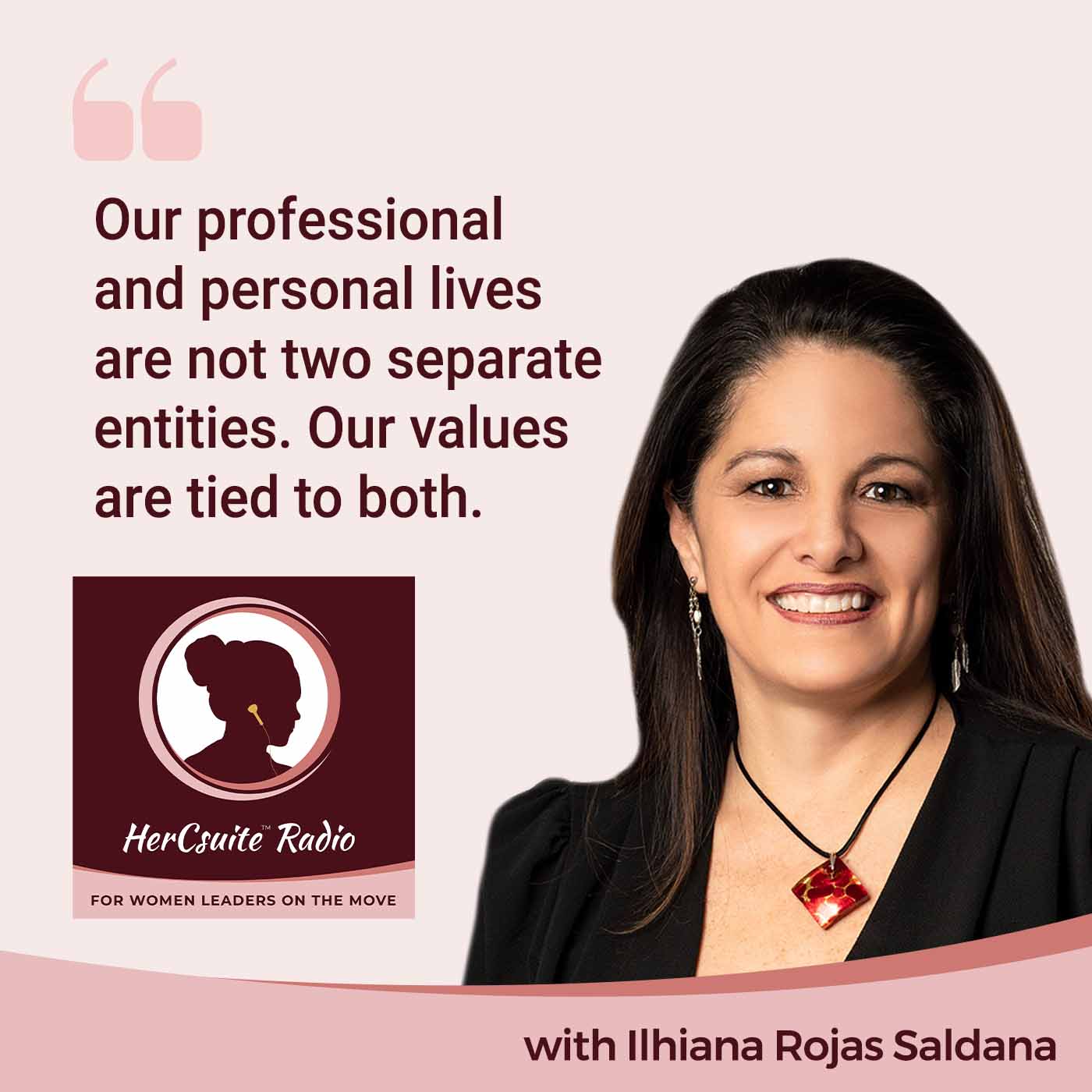


Based on research done by an American and a German psychologist many decades ago, they found out that you could group them into seven categories to make it a little bit easier and more digestible. Those seven categories are the importance of harmony, creativity, and feeling that you're in sync or that everything in your world is in sync. It can be visual, emotional, or mental, but there's harmony around you. That's one group.
Another group has to do with practical returns or efficiency. Knowing that in everything that you do, there's something that comes back that you are spending your time, money, and resources correctly. If not, it can create a little bit of anxiety. Another group has to do with the one that for me is very important which is independence and autonomy. It doesn't mean that I do not follow other people. It just means that I need to know and, in the end, it is my final choice and how I move forward. It has to do with that feeling of independence and autonomy.
The other one has to do with the feeling of control and power in a good way. If you know that there's a project, you're the one that is leading the way and getting everybody to move forward to a goal. You have a seat at the table. You're the one calling the shots and making those decisions and getting recognition for those decisions.
Another one has to do with being of service to others knowing that you're helping others to be better for the sake of helping and seeing others be well in the communities or whatever it is that you're involved in. Another group has to do with values that are involved in the structure, processes, regulations, following policies, and knowing that things are done by the book. If there isn't any process, then you'll jump in and put a process in place because having structure is important to you.
The last group has to do with learning, uncovering the reason behind things, analyzing, and doing the double and triple dive into the root cause analysis of things. Those are seven different groups of values that can make it a little bit easier and more digestible to identify the most important to you.
It was interesting for me that I am able to hear the outcomes of the conversation of when people are looking at their values, they have this a-ha light bulb moment. It defines where they want to go and what they're doing, but also how they interact with others and help to figure out what their values are. You know now that you like learning and independence but if you're interacting with someone that creativity is their primary then you might change how you approach the conversation. Can you talk a little bit about that and how we need to understand ourselves first but then understand what's important to the other person?
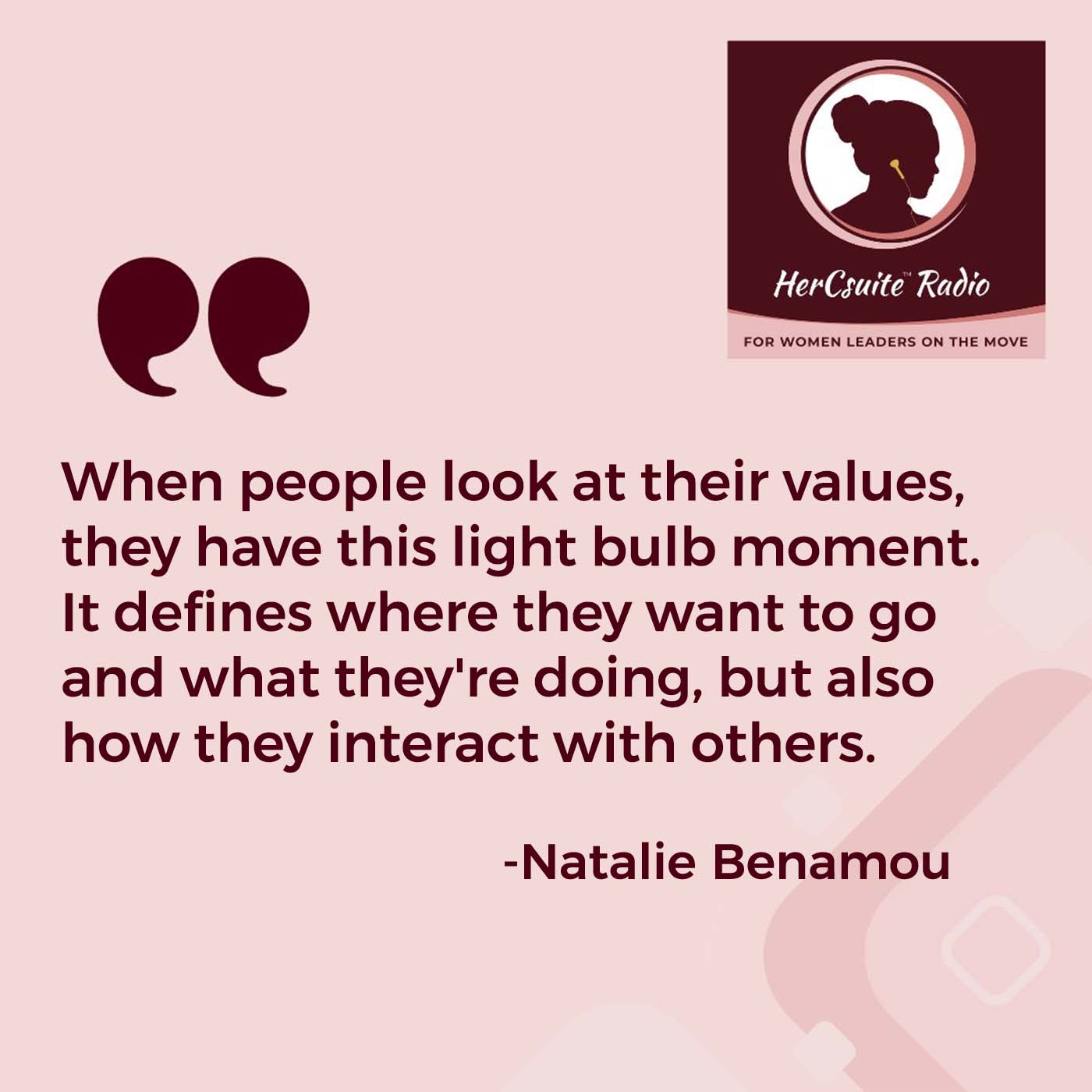


As leaders, it is important in the work that we do. One thing that I want to highlight and stress is that none of these is right or wrong. There's not an ideal combination. They are and for each of us, some of them are more important than others. We all have different ones that are more important than others and it doesn't make us better. It is just who we are.



For example, for one of my kids, creativity is critically important and I am more structured by the book. I understand that when things happened, part of that structure is not as high as the independence and the learning, but it's still important. She needs a blank canvas so I normally approach her with very strict, “You need to do this and this and ABC.”
That, to her, is something that doesn't work. She’s like, “What do I need to do overall?” She then comes up with a creative way of approaching it which can be completely different than how I would have approached it. Now that I understand that, I'm able to adapt and say, “This is the overall gist of things. How would you go about it?” I’ll leave her to be creative. If not, I was not physically suffocating her but I could see that's how she felt. It's understanding that for people, there are different things that are important in these values and knowing what they are.
It can help how you approach certain situations, especially in this past environment where we need to make quick decisions and movements. Understanding that for one person, it's about efficiencies versus for another person, it's how you help others. Approaching things from that lens and point of view can help people get on board quicker and understand their role in making decisions or in participating in something versus trying to convince them of what's important from your point of view.
Aside from community, which of course is so important, it’s also about curiosity. What I'm hearing is you are curious to learn what the other person needs. You were curious to figure it out. For your daughter, you’re like, “She's not picking up what I'm laying down so how else can I communicate this?” For people, even if they are a linear person, by the book, or not in that creative mode, how can they ignite their own curiosity to be able to be empathetic and understanding of the other person?
There are two things that I always recommend. One is asking questions like literally going and asking, “What's important to you?” However, sometimes the other person might not necessarily know how to explain what’s important to them. Not because they don't know, but we might not have it clear in that context that makes sense to us that we're hearing that. Ask the question upfront about what’s important to you in this situation and that situation, and then if it's still blurry, notice.
When they are doing great work, they are excited and motivated, and things go out the way that you see they're fully invested, see what are the common things, what's working and not working. That might be between what they tell you and what you observe. You'll be able to then identify a little bit more what those values may be in terms of the habits, behaviors, and practices that they do.
For our audience that may not know, you've used curiosity. I'm sure it’s part of your process to create a bestselling book. What was that like in terms of learning about things and expressing this? Many of us are not bestselling authors so what was that process like? Were you tapping into any other area of values or some of the things we were talking about to create that?
That's an interesting story. This happened back in 2019. When I'm an engineer, everything has to be ABC, processed, and very structured. Writing was not something that I love to do because that taps into another part of my brain that I struggled with or I believed I struggled with for a very long time. You could even say that I had a “fear” of writing because it was not my thing. I realized that as a coach, I could not continue to tell my clients to overcome their fears, embrace their strengths, and shift their mindset and limiting beliefs if I was not doing it myself. That's when I decided I have to overcome this fear of writing and write my first book.
It was not that you have a process, but I learned to embrace those values, finding a structure of the process to the madness, and creativity, which to me is also in some way or form that curiosity is learning. I learned the process and that's how I leaned on it. Now I'm onto my fourth book because I've found a way to lean into my values, what's important, and my strengths and overcome the fear. Still, when I am asked to write an article, I get that initial anxiety kind of thing, but then I take a deep breath and I'm like, “You got this. You can do this as long as it's structured.” It goes through this process in my mind.
I imagine so with structure. It does help with writing because it takes discipline. You have to coach it every day. How often are you writing? Are you writing on a daily basis? Do you do it on the weekend and the night? What's your writing process?
There is no structure to that. It’s when I have time. I do have a structure in terms of writing questions and then based on those questions, I’m answering the questions and that develops a framework that then I can build upon.
I would love for you to share this with our audience. It's always so hard to end conversations like this, and I'm sure we'll have many more because we are connected in HerCsuite, Innovation Women, and all the places. I'm glad about how we connected. For people that want to find out more about you, where should they go?
In HerCsuite, obviously, they can find me there because I'm also a part of the wonderful network that you have. Outside, they can find me on LinkedIn, Ilhiana Rojas Saldana. That, I would say, is the easiest way to connect with me and send me a message. I'm always there. My website as well, which is BeLive Coaching. You can also find me there.
I'm so glad that we got a chance to talk. I'm going to put a plug in because you're also going to be a speaker for us for our DEI Council if people want to see you in person. Our DEI Council is now part of HerCsuite. It’s one of our key programs. Those members are going to get a chance to interact with you and ask questions. It’s going to be wonderful. I can't wait for that. Thank you.
I'm excited. Thank you so much.
Thank you so much for being here.
Have a great day.
Important Links
- Innovation Women
- Ilhiana Rojas Saldana – LinkedIn
- BeLive Coaching
- DEI Council
- https://Evt.to/aogmgidew
- https://HerCsuite.com/wp-content/uploads/2023/02/HerCsuite™-Circle-8-Leaderhip-Development.pdf
- https://HerCsuite.com/wp-content/uploads/2023/02/HerCsuite™-DEI-Cross-Organization-Council-3.pdf
- https://HerCsuite.com/wp-content/uploads/2023/02/HerCsuite™-Leadership-Circles.pdf
About Ilhiana Rojas Saldana



Natalie Benamou
Founder, CEO
HerPower2, Inc, | CGO HerCsuite™ | Podcast Host HerCsuite™
Natalie founded Herpower2, inc. to create products under HerCsuite™ to empower women to make a lasting impact today and into the future. She takes a ‘serve first’ approach to life and has applied this principle throughout her career, serving in leadership positions in business as well as non-profit organizations.
Share this story:
HerCsuite® is an official product of HerPower2 Inc. | all rights reserved – Privacy Policy – Terms & Conditions




